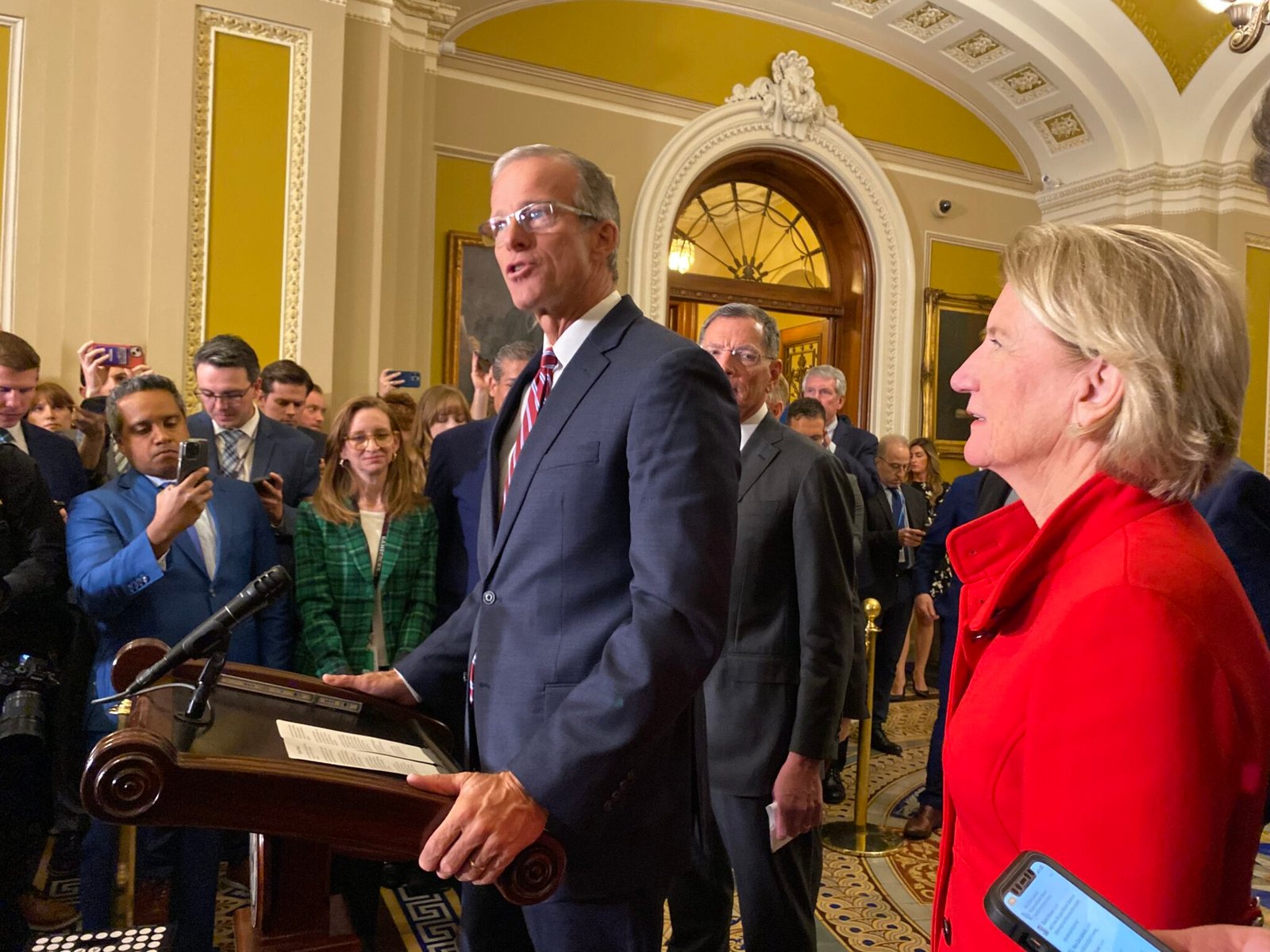2024 election
Republicans’ Trifecta in Washington: Navigating 7 Crucial Challenges Ahead

WASHINGTON — Following the Nov. 5 elections, Republicans have gained control of the White House, the U.S. Senate, and a projected majority in the House. This unified control brings forth expectations of significant legislative changes. However, reconciling the divergent views within the party—between moderates and far-right members—will be essential for any transformative agenda.
As the new Congress convenes on Jan. 3, Republican leaders must navigate complex internal dynamics, especially with a slim three-vote majority in the Senate. The upcoming legislative session will focus on seven key policy areas, each with its own challenges and opportunities.
TAXES
Tax reform is set to be a top priority for Republicans as they aim to revise the nation’s tax structure. Utilizing the budget reconciliation process, similar to their successful efforts in 2017, they hope to circumvent the Senate’s 60-vote filibuster requirement. However, this approach comes with strict rules, necessitating a lengthy amendment voting session.
Many provisions from the original tax legislation are set to expire; thus, extending them could significantly impact the deficit. The Committee for a Responsible Federal Budget has projected that extending tax cuts could elevate the deficit by trillions through 2035. The GOP faces pressure to tread carefully to avoid exacerbating national debt.
IMMIGRATION
Republicans are likely to press for legislation on immigration and border security, areas that were focal points during the campaign. The feasibility of passing these measures using reconciliation depends on their fiscal implications. Past attempts at similar legislation highlight the challenges of navigating complex Senate rules.
Former President Trump has made specific demands regarding immigration reform, including restrictions on executive authority related to humanitarian parole. Securing bipartisan support will be crucial, drawing on previously negotiated agreements that were derailed by Trump’s opposition.
TARIFFS
Tariffs represent another contentious issue for the GOP as Trump has proposed substantial increases on imported goods. Economic experts warn that such measures could instigate a trade war and raise consumer costs significantly. The implications for the economy will necessitate careful consideration as Republicans weigh their options.
HEALTH CARE
House Speaker Mike Johnson has indicated that overhauling the Affordable Care Act (ACA) is critical for the GOP. Details remain vague, but there is acknowledgment of the ACA’s entrenched status in the health care system. Any attempt to repeal or amend it will require extensive negotiation to unify the party.
VOTING
Asserting that noncitizen voting is a problem, Republicans plan to pursue legislation mandating proof of citizenship for voting. Despite existing laws against such practices, the GOP aims to advance their agenda through the new majority.
SPENDING
While the Republican platform emphasizes cutting government spending, historical trends show that implementing substantial reductions is challenging. With mandatory spending on programs like Social Security and Medicare dominating the budget, addressing discretionary spending will require strategic measures.
EDUCATION
The GOP is poised to make sweeping changes in education policy, as Trump has proposed eliminating the U.S. Department of Education. Such a move could drastically affect funding for low-income schools and special education. Additional initiatives may target regulations surrounding Title IX and student loan policies, reflecting the party’s focus on “parental rights” in education.
As Republicans gear up to take control, the primary challenge will be achieving consensus on their ambitious plans. The interplay between their internal factions and the practical realities of governance will define the legislative landscape in early 2025.
Last updated 10:04 a.m., Nov. 14, 2024


















